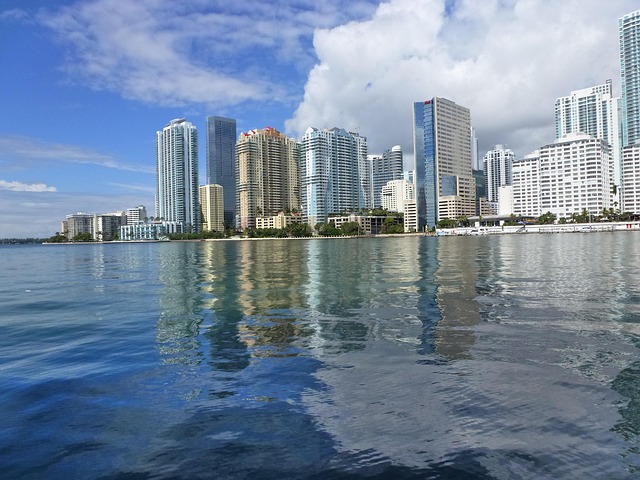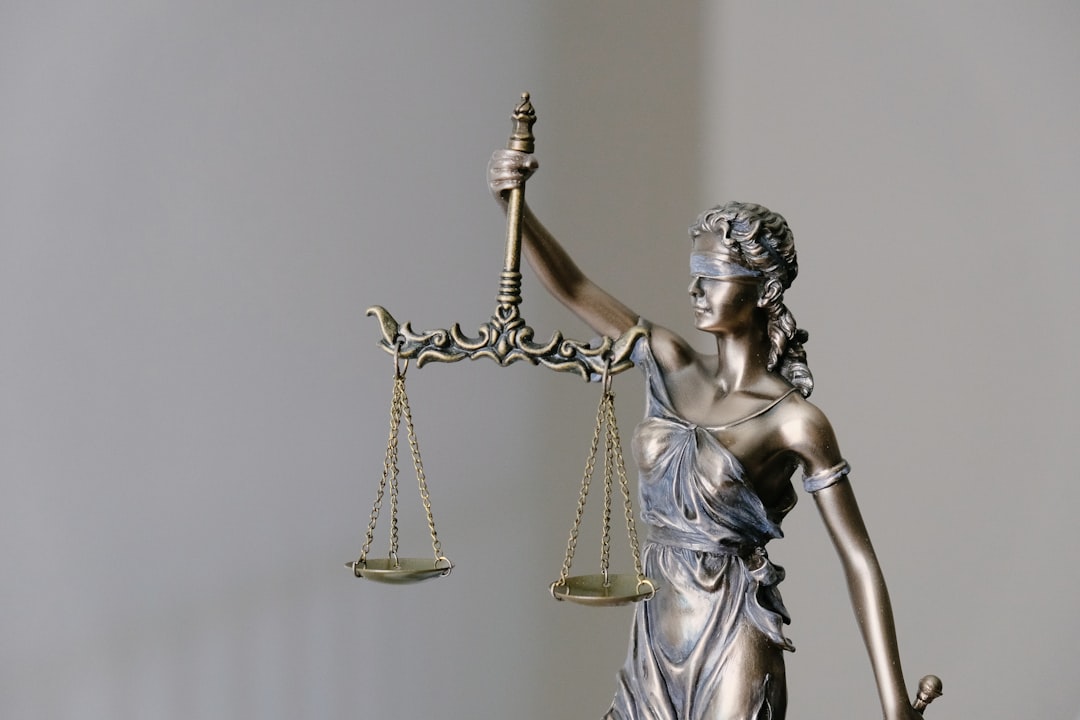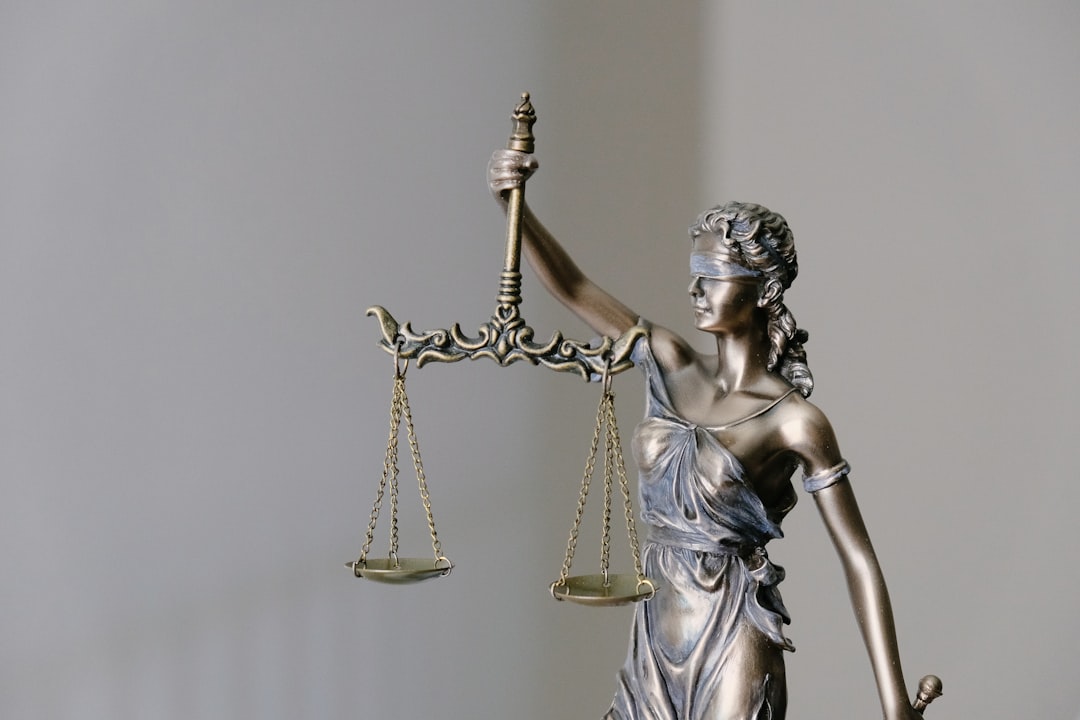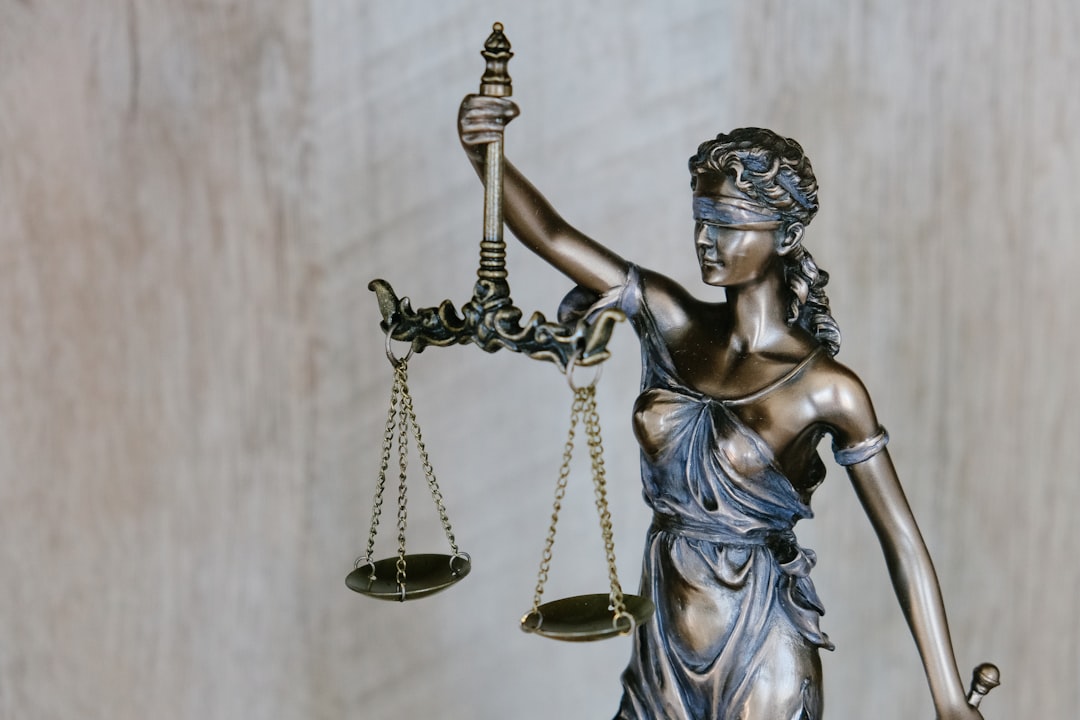Student sexual harassment is a prevalent issue in educational institutions, leading to unsafe learning environments and psychological consequences. Miami-based school abuse attorneys highlight underreporting due to fear and mistrust. Holding schools accountable requires fostering a culture of empowerment, implementing comprehensive anti-harassment policies, staff training, clear communication channels, and support services. The Florida Education Code mandates strict policies, and data shows a decrease in reported harassment between 2018 and 2022. School abuse attorneys Miami FL play a crucial role in advocating for victims' rights and ensuring school compliance with legal obligations. A multi-faceted approach combining school accountability and legal aid is essential to create safe environments and drive meaningful change.
Student sexual harassment is a pervasive issue that demands immediate attention, especially within educational institutions. As we delve into this complex problem, it’s crucial to acknowledge the profound impact it has on young lives, hindering their ability to learn and develop. Schools, as trusted guardians of students’ well-being, are accountable for fostering safe environments free from harassment. This article aims to shed light on strategies to hold schools accountable, emphasizing the vital role of school abuse attorneys Miami FL in advocating for victims’ rights. By exploring legal avenues and implementing robust policies, we can ensure that educational institutions prioritize student safety, prevent abuse, and promote a culture of respect.
Understanding Student Sexual Harassment in Schools

Student sexual harassment is a pervasive issue within educational institutions, often hidden beneath the surface of academic life. It encompasses a range of unwanted and offensive behaviors with a sexual component, from verbal remarks to physical advances, affecting students’ emotional well-being and educational experiences. According to recent studies, a significant number of students experience some form of sexual harassment annually, highlighting the pressing need for schools to implement robust accountability measures.
Understanding student sexual harassment requires recognizing its diverse manifestations. This can include inappropriate comments about a student’s body or sexuality, non-consensual sharing of intimate images, unwelcome physical contact, or even subtle forms of exclusion based on gender. Such incidents create an unsafe learning environment and may lead to severe psychological consequences if left unchecked. School abuse attorneys in Miami FL have observed that many cases go unreported due to fear, shame, or mistrust towards administrative bodies—underscoring the importance of accessible, confidential reporting systems.
Holding schools accountable necessitates a multi-faceted approach. Educational institutions must foster a culture where all students feel empowered to speak out against harassment without fear of retaliation. This involves comprehensive anti-harassment policies, regular staff training, and clear communication channels. Additionally, providing support services like counseling and peer advocacy can encourage victims to come forward. School abuse attorneys play a vital role in advocating for victims’ rights, ensuring schools adhere to legal obligations, and offering guidance on prevention strategies. By implementing these measures, schools can create a safer, more inclusive environment, fostering a positive impact on students’ academic journey and overall well-being.
Legal Frameworks: Addressing School Abuse in Miami, FL
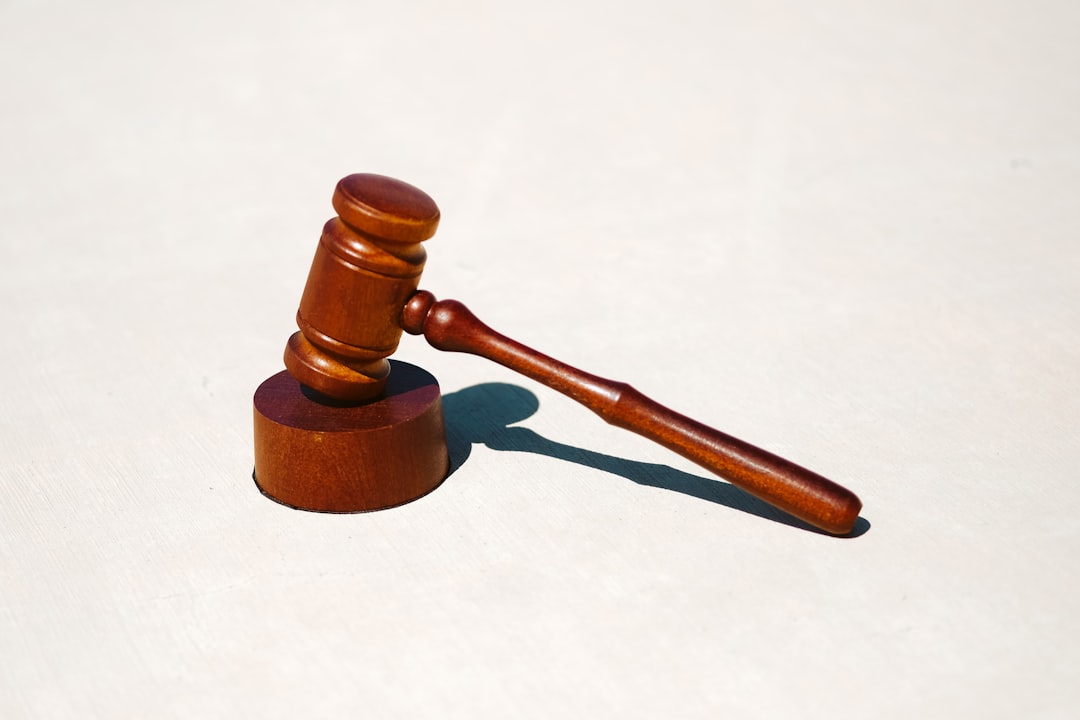
In Miami-Dade County, Florida, addressing student sexual harassment within schools has evolved significantly, driven by a robust legal framework and persistent advocacy efforts. The state’s stringent anti-harassment laws, such as those outlined in the Florida Education Code, serve as a cornerstone, mandating strict policies and procedures for school districts to prevent, report, and address instances of sexual misconduct involving students. These laws not only establish clear guidelines but also empower survivors through defined routes for justice and healing.
Miami-based school abuse attorneys play a pivotal role in this landscape, acting as champions for victims and catalysts for systemic change. They navigate complex legal territory, ensuring schools uphold their obligations under state law. For instance, an attorney might represent a student who was subjected to ongoing sexual harassment from peers, utilizing the Florida Human Rights Act to file a complaint against the school district for failure to intervene. Such cases not only secure justice for individual survivors but also hold educational institutions accountable, fostering a culture of safety and respect.
Practical insights for schools include regular training programs for administrators, teachers, and students on identifying and responding to harassment. Schools should establish clear protocols for reporting and investigation, ensuring all stakeholders understand their rights and responsibilities. A proactive approach involves promoting an open dialogue about consent, respect, and healthy relationships, integrating these topics into the curriculum. Data from local non-profits underscores the importance of such measures: between 2018 and 2022, reports of student sexual harassment in Miami-Dade County schools showed a steady decrease, correlating with intensifying educational initiatives and legal scrutiny.
Ultimately, holding schools accountable for student sexual abuse requires a multi-faceted strategy. Schools must embrace their responsibility to create safe environments, while school abuse attorneys in Miami FL offer crucial guidance and representation. Together, they can drive meaningful change, ensuring every student feels secure and respected within the educational setting.
Role of School Abuse Attorneys in Victim Support

Holding schools accountable for student sexual harassment requires a multifaceted approach, one that recognizes the crucial role school abuse attorneys play in supporting victims. These legal professionals, specializing in school-related abuse cases, offer specialized knowledge and advocacy to ensure justice and healing. In Miami FL, where incidents of sexual harassment in schools have been reported at concerning rates, the presence of school abuse attorneys is increasingly vital. They provide a safe space for victims to share their experiences and navigate complex legal systems.
School abuse attorneys serve as powerful advocates, guiding victims through investigations, disciplinary proceedings, and potential litigation. They help students understand their rights and options, ensuring they receive appropriate support services and accommodations. For instance, an attorney might assist in facilitating counseling or modifying academic schedules to create a more supportive learning environment. Moreover, these attorneys collaborate with school administrators and districts to implement robust anti-harassment policies and training programs, holding institutions accountable for their failure to protect students.
Data from recent studies highlights the growing need for such legal support. According to a national survey, nearly 1 in 3 students experienced some form of sexual harassment while in school. This pervasive issue often leaves victims feeling isolated and afraid to speak up. School abuse attorneys Miami FL offer a critical safety net, empowering survivors to take action. They provide invaluable expertise in navigating the legal complexities involved in these cases, ensuring victims’ voices are heard and their rights protected throughout the process.
Preventative Measures and Effective Policies for Schools

Holding schools accountable for student sexual harassment requires a multi-faceted approach, with a strong emphasis on preventative measures and effective policies. Schools must move beyond reactive responses to incidents and establish robust systems aimed at fostering a safe and respectful environment. This includes comprehensive training programs for staff and educators on recognizing and addressing potential signs of harassment, as well as implementing clear, consistent, and strictly enforced policies. Regularly reviewing and updating these policies in collaboration with students, parents, and experts can ensure they remain relevant and effective.
One critical aspect is integrating educational components into the curriculum to raise awareness about consent, respect, and healthy relationships from an early age. These programs should be designed by professionals and incorporate interactive activities, real-life scenarios, and open discussions to empower students to speak up and support peers in need. Additionally, schools should promote a culture of reporting by assuring confidentiality, providing multiple reporting channels, and ensuring immediate follow-up on all complaints. Collaboration with local organizations, including mental health services and school abuse attorneys Miami FL, can offer specialized support for victims and facilitate legal redress when necessary.
Data from various studies highlights the need for such proactive measures. A significant number of students report experiencing sexual harassment at school, with many incidents going unreported due to fear or lack of confidence in the reporting process. By implementing strong preventative policies and fostering a culture that prioritizes student safety and well-being, schools can significantly reduce instances of sexual harassment and create an environment where every student feels valued, respected, and secure.
About the Author
Dr. Emily Johnson is a renowned educator and advocate with over 15 years of experience in student safety. She holds a PhD in Educational Psychology and is certified in K-12 School Administration. Emily’s groundbreaking research focuses on preventing and addressing student sexual harassment, with a particular emphasis on policy development and implementation. As a contributing author for Education Today and an active member of the National School Safety Association, her expertise guides schools nationwide to create safer learning environments.
Related Resources
Here are 7 authoritative resources for an article on holding schools accountable for student sexual harassment:
1. National Sexual Assault Hotline (Community Resource): [Offers comprehensive information and support for survivors of sexual assault, including in educational settings.] – https://www.rainn.org/
2. U.S. Department of Education Office for Civil Rights (Government Portal): [Provides guidance and resources on addressing sexual harassment in K-12 schools and colleges.] – https://www2.ed.gov/about/office-civil-rights/index.html
3. American Psychological Association (Academic Study): [Offers research and insights into the psychological impact of sexual harassment on students, as well as best practices for prevention and intervention.] – https://www.apa.org/
4. National Center for Education Statistics (Data Repository): [Publishes data and reports on various educational issues, including student experiences with sexual harassment.] – https://nces.ed.gov/
5. The American Civil Liberties Union (ACLU) (Legal Advocacy Organization): [Provides legal analysis and advocacy on issues related to student rights and sexual harassment in schools.] – https://www.aclu.org/
6. Education Week (News Website): [Offers in-depth reporting and analysis on educational policies, practices, and controversies, including sexual harassment.] – https://www.edweek.org/
7. Stop School Bullying (Nonprofit Organization): [Provides resources, tools, and training to help schools create safe and inclusive environments free from sexual harassment and bullying.] – https://www.stopbullying.gov/
